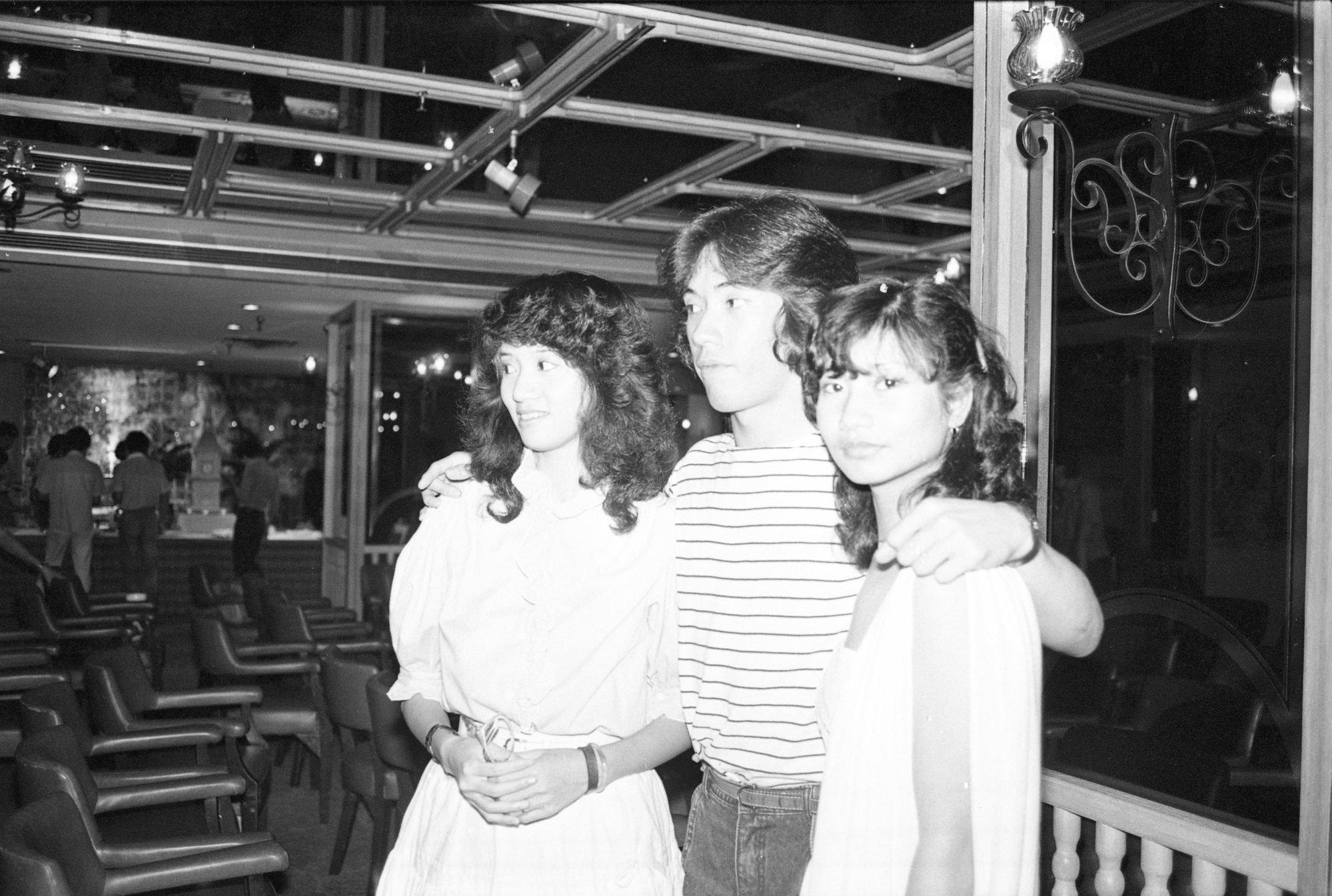
December 30 marks 20 years since her death at 40 from respiratory complications caused by cervical cancer.
A ‘sad and beautiful story’: remembering superstar Anita Mui on her birthday
A ‘sad and beautiful story’: remembering superstar Anita Mui on her birthday
Mui devoted much of her time to social activism and philanthropy. She often appeared in events to support charities, and donated to and was an ambassador for the international development charity Oxfam.
In 1989, alongside other stars, Mui attended a rally and concert in Hong Kong to raise funds for the leaders of the student protests that spring in Tiananmen Square, Beijing, and to call for democracy.
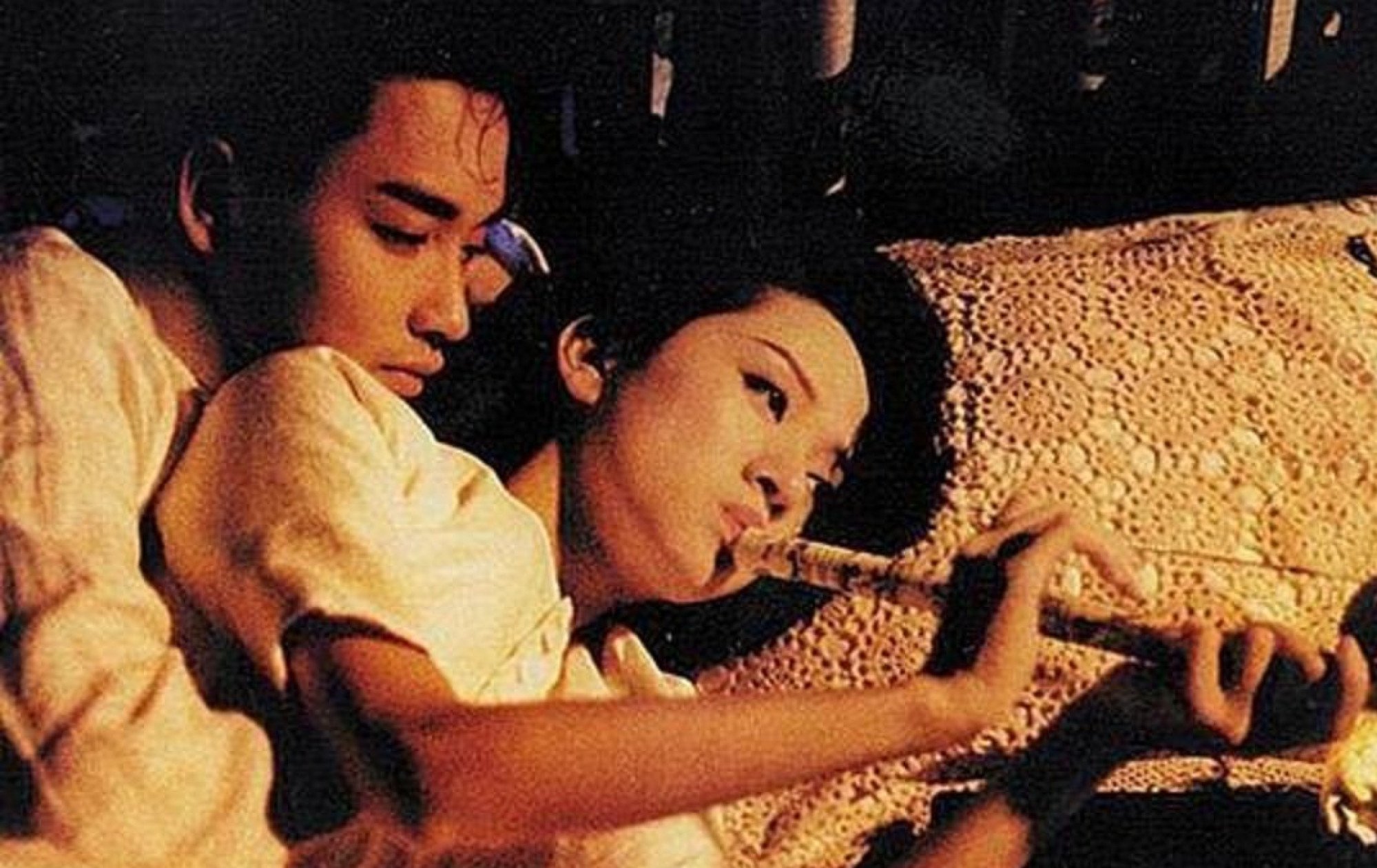
As such, she dropped out of Kwan’s Shanghai-filmed Center Stage (1991), a biopic of Chinese silent film star Ruan Lingyu. The director initially developed the production around Mui, as he thought Mui looked like Ruan from certain angles.
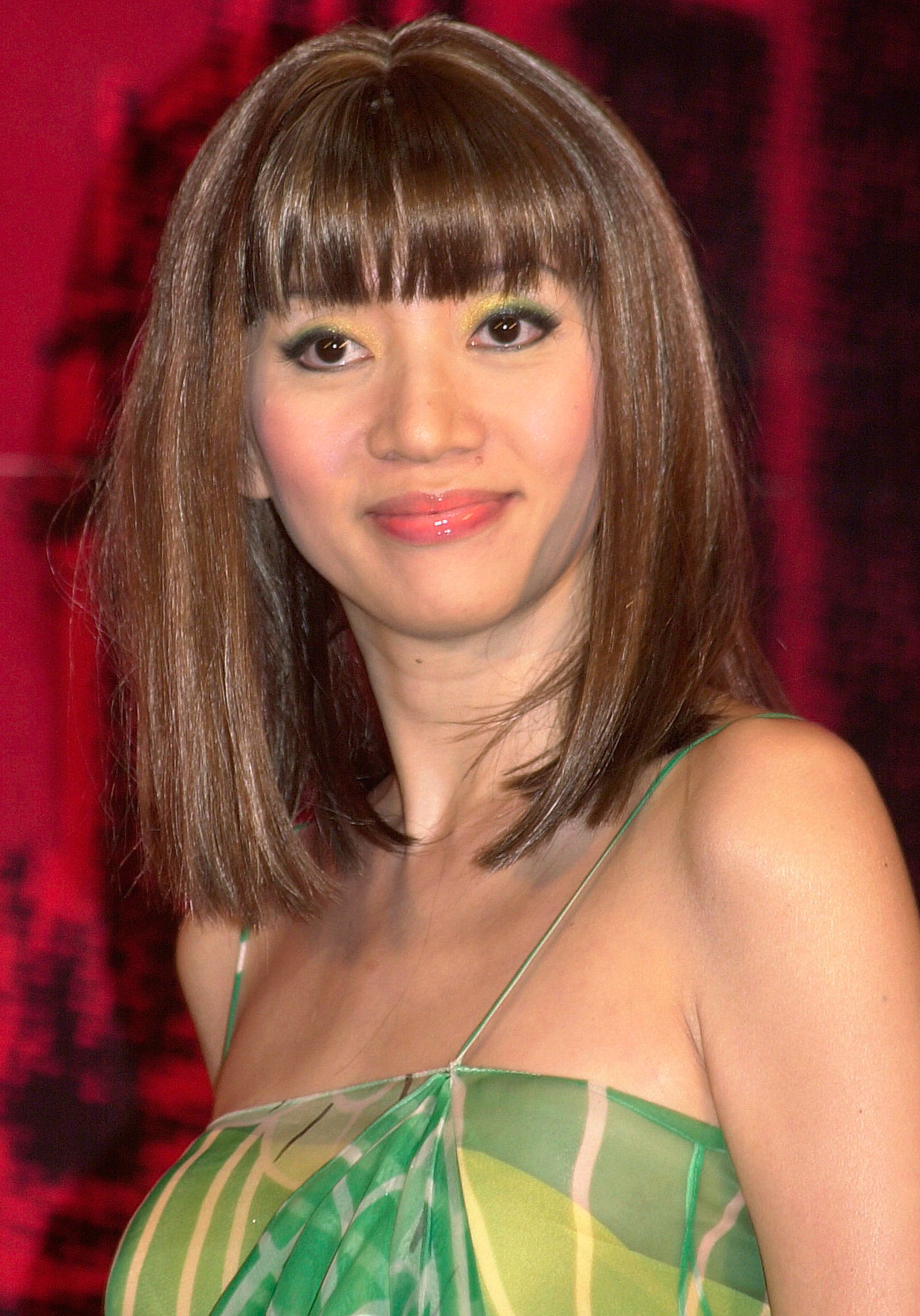
In 1993, Mui formed the Anita Mui True Heart Charity Foundation to support public hospitals, old people’s homes and children’s welfare.
In 1994, through a fundraising dinner, she raised HK$7.5 million, of which HK$2 million was donated to the Queen Mary Hospital’s musculoskeletal reconstruction programme. Two years later, the hospital established a new orthopaedic operating theatre in her name. Mui was present at the opening ceremony.
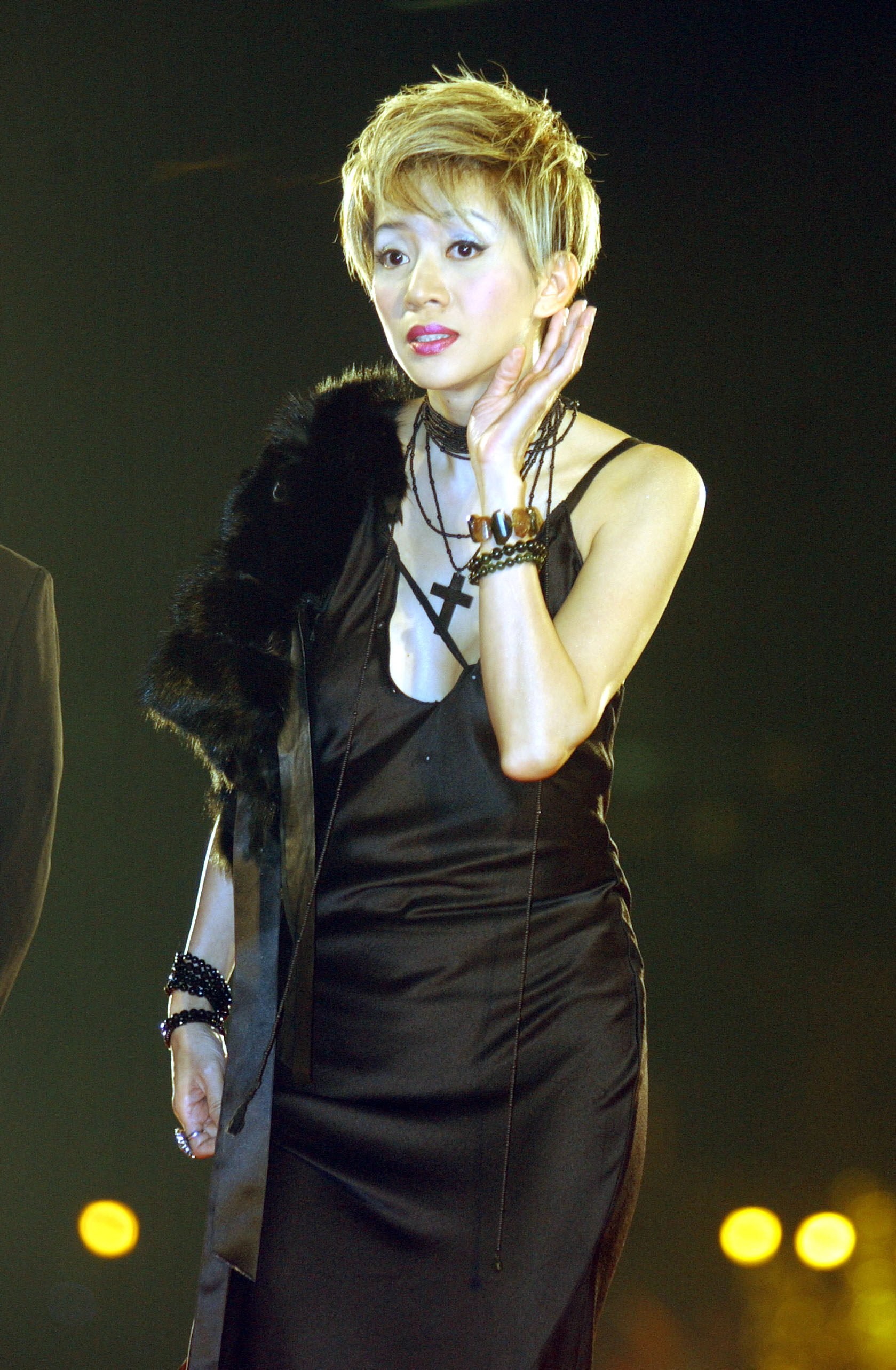
Mui was a performer for almost her entire life – she spent most of her childhood and youth performing in small Hong Kong theatres, cabarets and lounges to contribute to her family’s finances.
It seemed only fitting that in 2001, she was the first woman elected president of the Hong Kong Performing Artistes Guild, which was very active in social outreach during her two-year tenure.
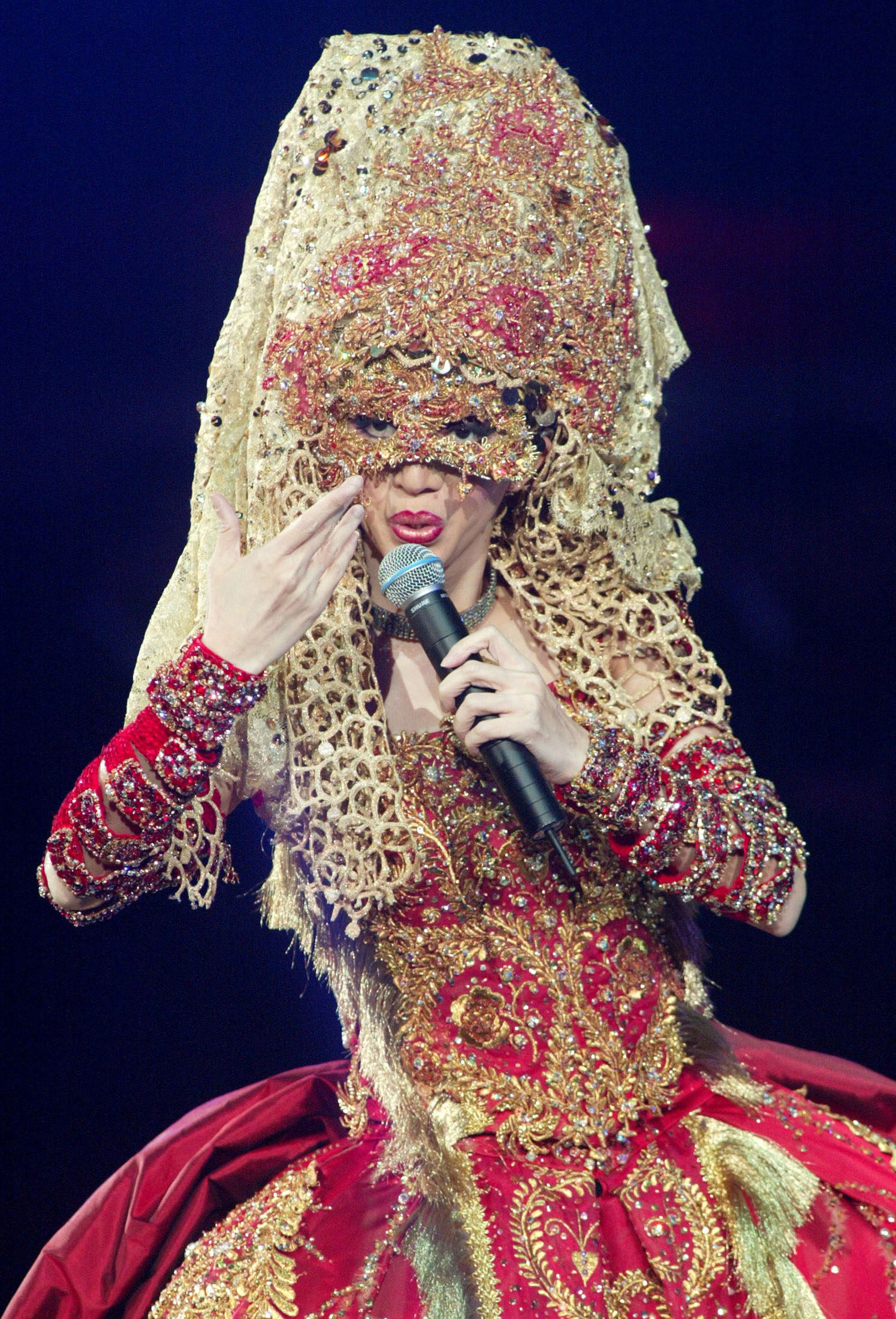
In 2003, during the Sars – severe acute respiratory syndrome – outbreak in Hong Kong, Mui organised a concert to raise funds for patients and children in affected families.
After Mui’s death, Zhang decided to alter the script rather than find a replacement. The role of the rebel leader she played was supplemented by Song Dandan. Zhang dedicated the film to Mui’s memory.
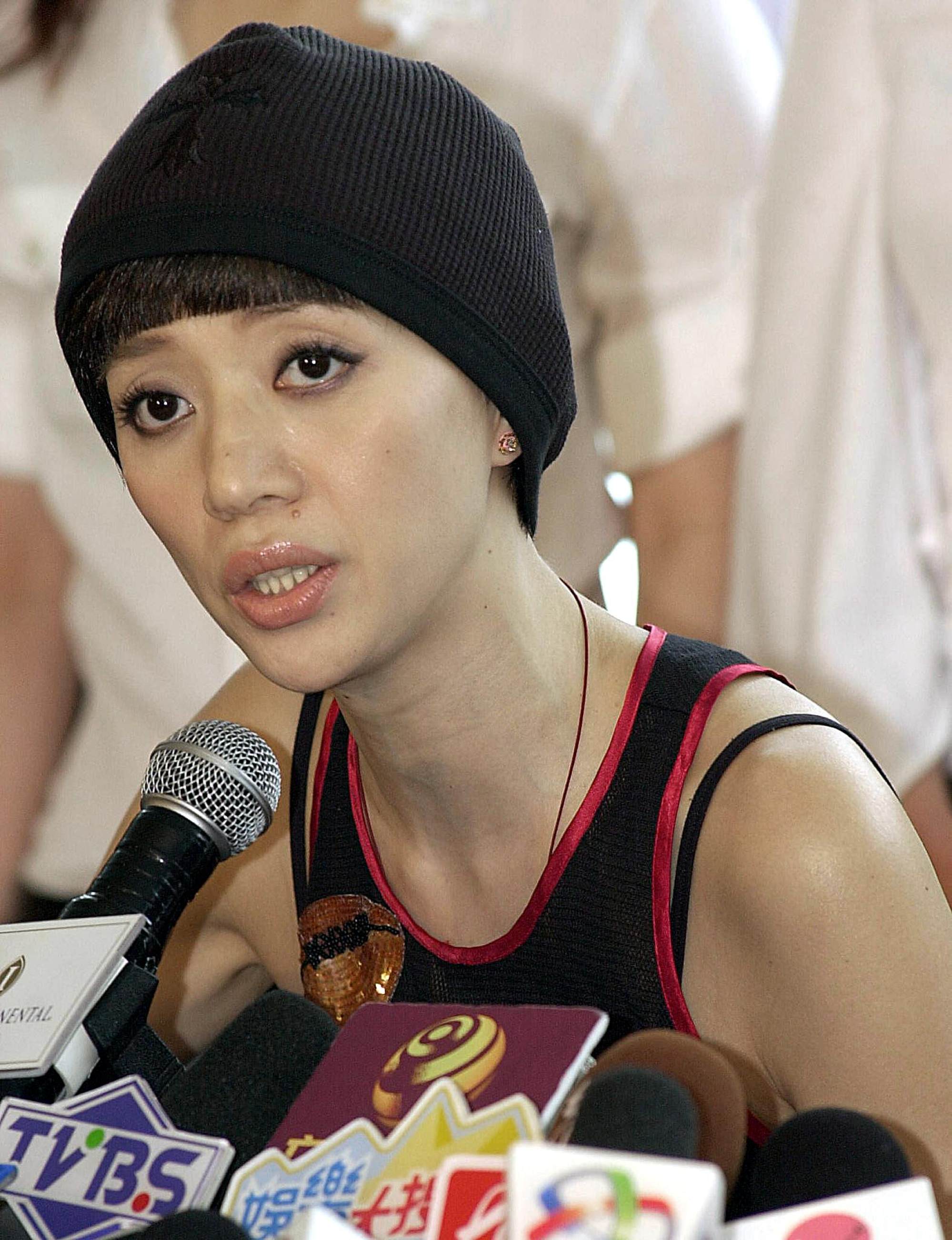
Mui’s funeral in January 2004 was attended by Wu’er Kaixi, a former Tiananmen Square student protest leader of Uygur heritage who now lives in exile as a dissident; the late Hong Kong pro-democracy politician Szeto Wah; and Hong Kong actors and singers including Jacky Cheung Hok-yau, Andy Hui Chi-on and Nicholas Tse Ting-fung.
Hong Kong’s chief executive at the time, Tung Chee-hwa, and Li Gang – the then-deputy director of the Chinese government’s Hong Kong liaison office – sent wreaths.
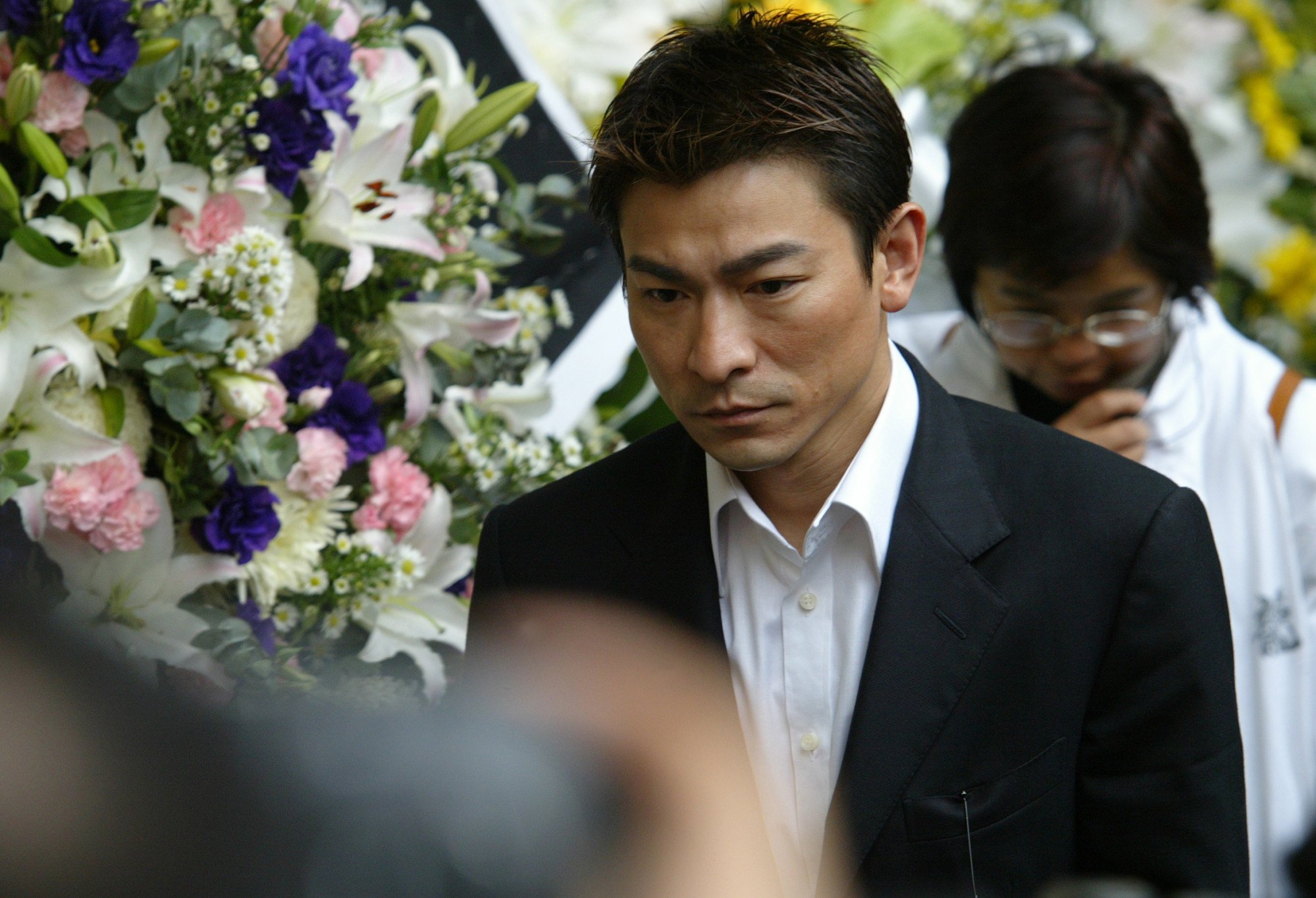
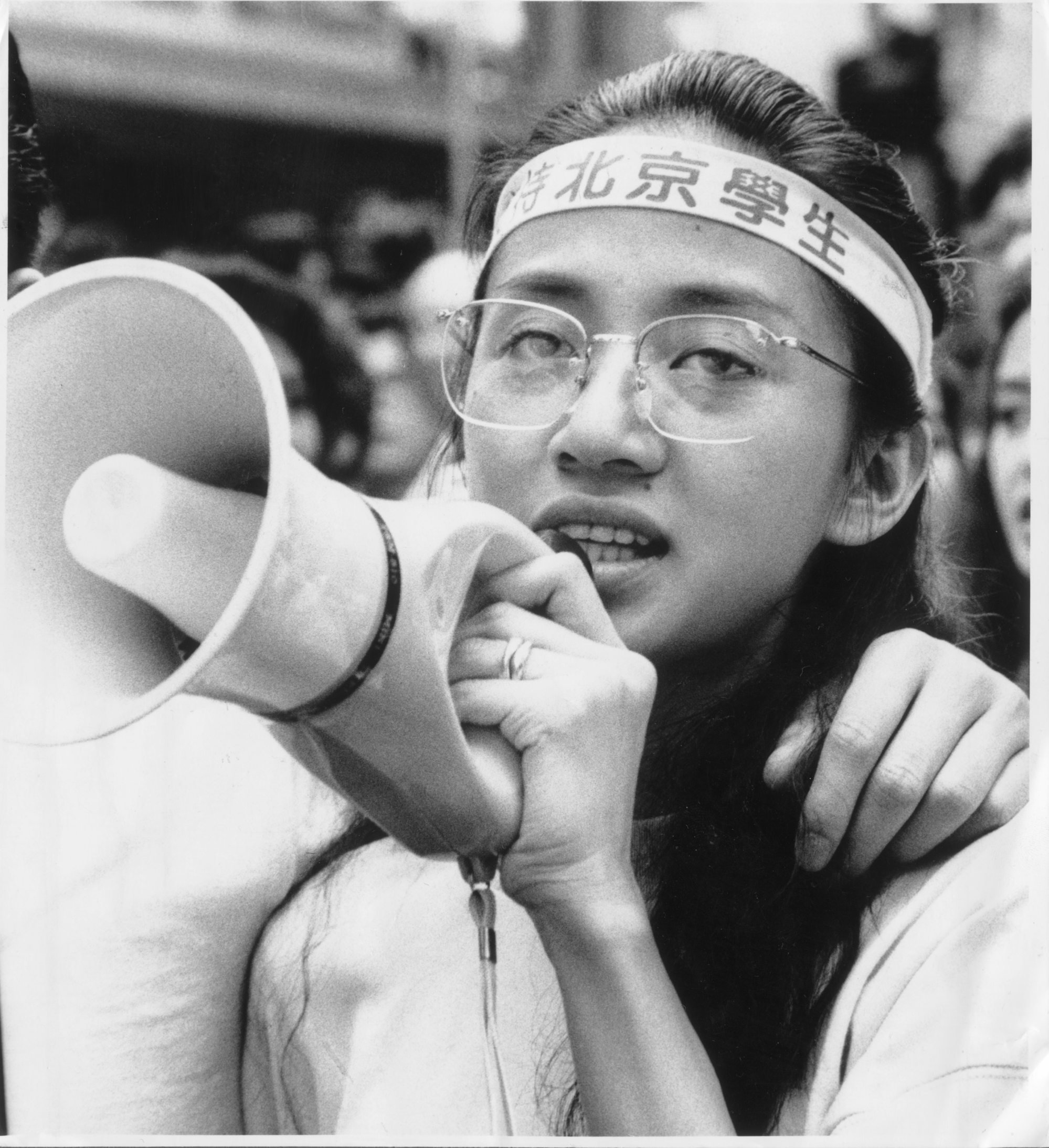
The Hong Kong Heritage Museum in Sha Tin, in the New Territories, is staging an exhibition, “Timeless Diva: Anita Mui”, to mark the 20th anniversary of her death. It includes, as well as film stills, magazine covers, sketches and video footage, several items from her career not exhibited previously, including records, stage costumes and awards.
“Timeless Diva: Anita Mui”, Hong Kong Heritage Museum, 1 Man Lam Road, Sha Tin, Mon, Wednesday-Friday, 10am-6pm, Saturday-Sunday and public holidays, 10am-7pm, closed on Tue. Until September 2, 2024. Free admission.
A ‘sad and beautiful story’: remembering superstar Anita Mui on her birthday
A ‘sad and beautiful story’: remembering superstar Anita Mui on her birthday
Carina Lau, superstar: her rise from humble roots and stellar film career
Carina Lau, superstar: her rise from humble roots and stellar film career

